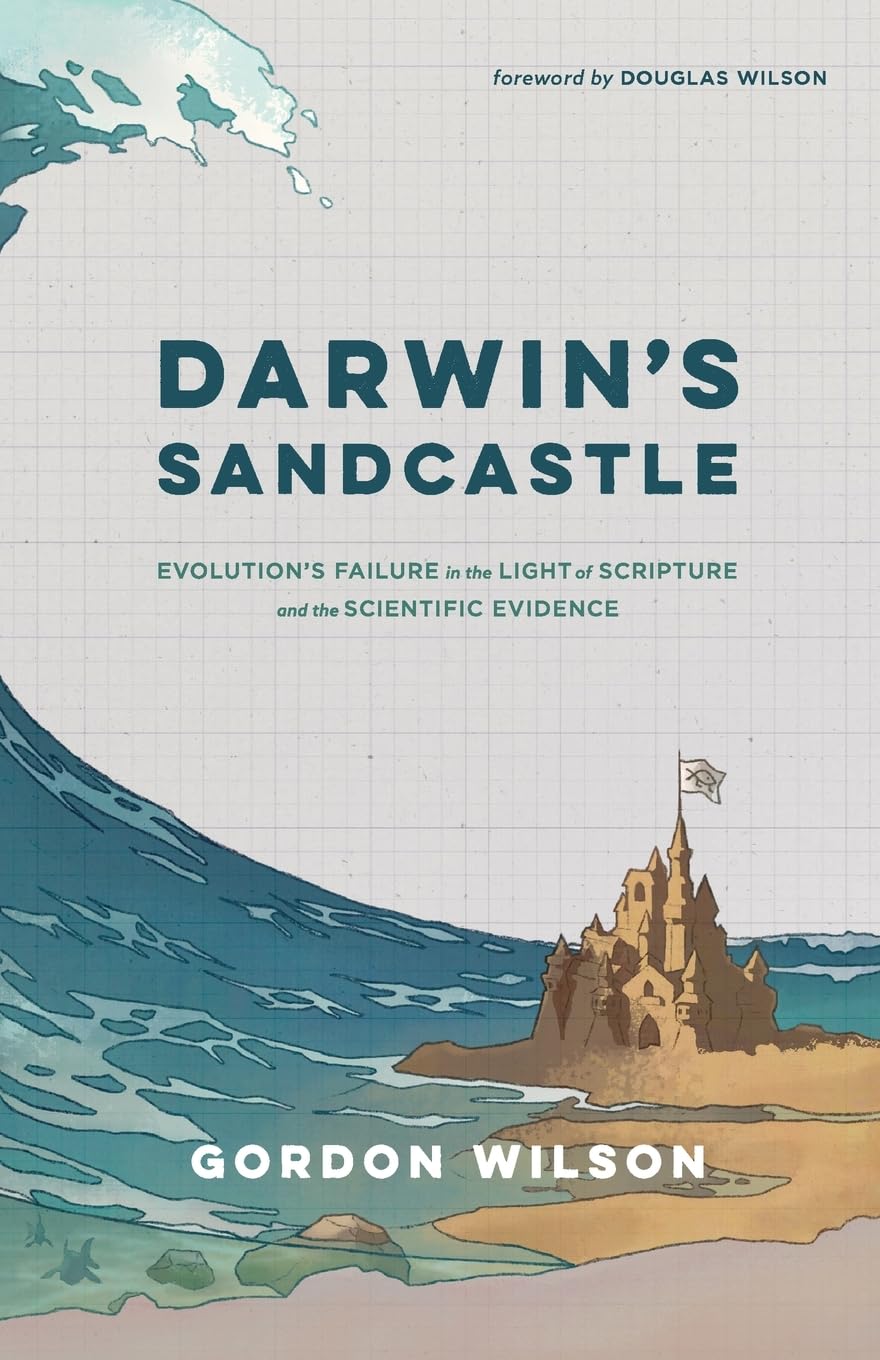Commercial movies come and go and many are soon forgotten. Of those movies that I saw as a university student, there is only one that I remember. Inherit the Wind was the lesser feature on a double bill in a small theatre in Quebec. But the content packed a powerful message! The story line was about a trial involving Christian townsfolk in an American town who were ignorant and boorish, as opposed to evolution supporting educators there who were informed and civilized. Everyone understood that the movie claimed to portray an actual event, the Scopes Trial of July 1925 in Dayton, Tennessee. Thus, we reflect on the centenary of this trial which some claim represents the most significant trial of the century. What was it all about, and what is its legacy?
The events of 1925 began with the passage of the Butler Act in Tennessee which made it illegal to teach any theory that denies the divine creation of man as taught in the Bible or promotes the idea of evolution of man. This applied to all public educational institutions whatever their level. This act was generally considered non-controversial at the time. However Roger Baldwin, founder of the recently formed group of atheists and free thinkers, the American Civil Liberties Association or ACLU, set out to prevent such laws from being enacted ever again. His objective was to bring this challenge to the Supreme Court of the United States.
First the ACLU needed a teacher to defend the teaching of evolution (contrary to the law). John Scopes volunteered to serve. He was a substitute teacher who might have actually taught a class in biology and who might have actually mentioned evolution. The actual facts of the case seemed somewhat sketchy. What these people wanted was a court case to attack the Butler Act. Roger Baldwin himself picked Clarence Darrow, the most famous defense attorney of the time and one who rejected Christian norms of conduct. He had defended two perpetrators of a brutal murder on the basis that they were products of their biology and could not be blamed for their actions.
The prosecutor of the Scopes trial was William Jennings Bryan, an extremely popular three times Democratic candidate for the President of the United States. He did not know much science but he strongly supported the idea of parental control of education.
The trial was the first to be broadcast on radio and telegraphed around the world. The reporter was H. L. Mencken, very cynical and rude. He enjoyed labelling the Christian defenders of the act, especially Mr. Bryan, as buffoon, half-wit and Neanderthal man.
The court-case took some highly unusual turns including Mr. Bryan agreeing to serve as a witness and the judge denying him the opportunity to make closing arguments. The court found John Scopes guilty, but an appeal never made it to Supreme Court.
The highly biased and non-factual movie/play of the trial has been very effective in keeping the memory of these events alive. David Coppedge (Evolution News and Science Today July 15, 2025) says that he saw the movie in high school and that for decades it was required viewing in many high schools in the U.S. The unintended consequence of this controversy was to give evolution teaching a bad name in many school jurisdictions. For almost two generations in North America, the topic of evolution was largely avoided. Then in 1959, the centennial of printing of Origin of Species, geneticist Hermann Muller wrote “One Hundred Years without Darwin are Enough”. Changes were coming to education.
In Alberta in the early 1970s, some teachers noted with concern the increasing emphasis on evolution in curricula and texts. They formed the Committee for True Education which later morphed into the Creation Science Association of Alberta. Since then, throughout North America, the tables have turned and it is creation that many educators work to keep out of schools. But better information than ever before on nature and the creation is available. The instigators of the Scopes trial would not be pleased.
M. Jean Masters
July 2025
Subscribe to Dialogue






